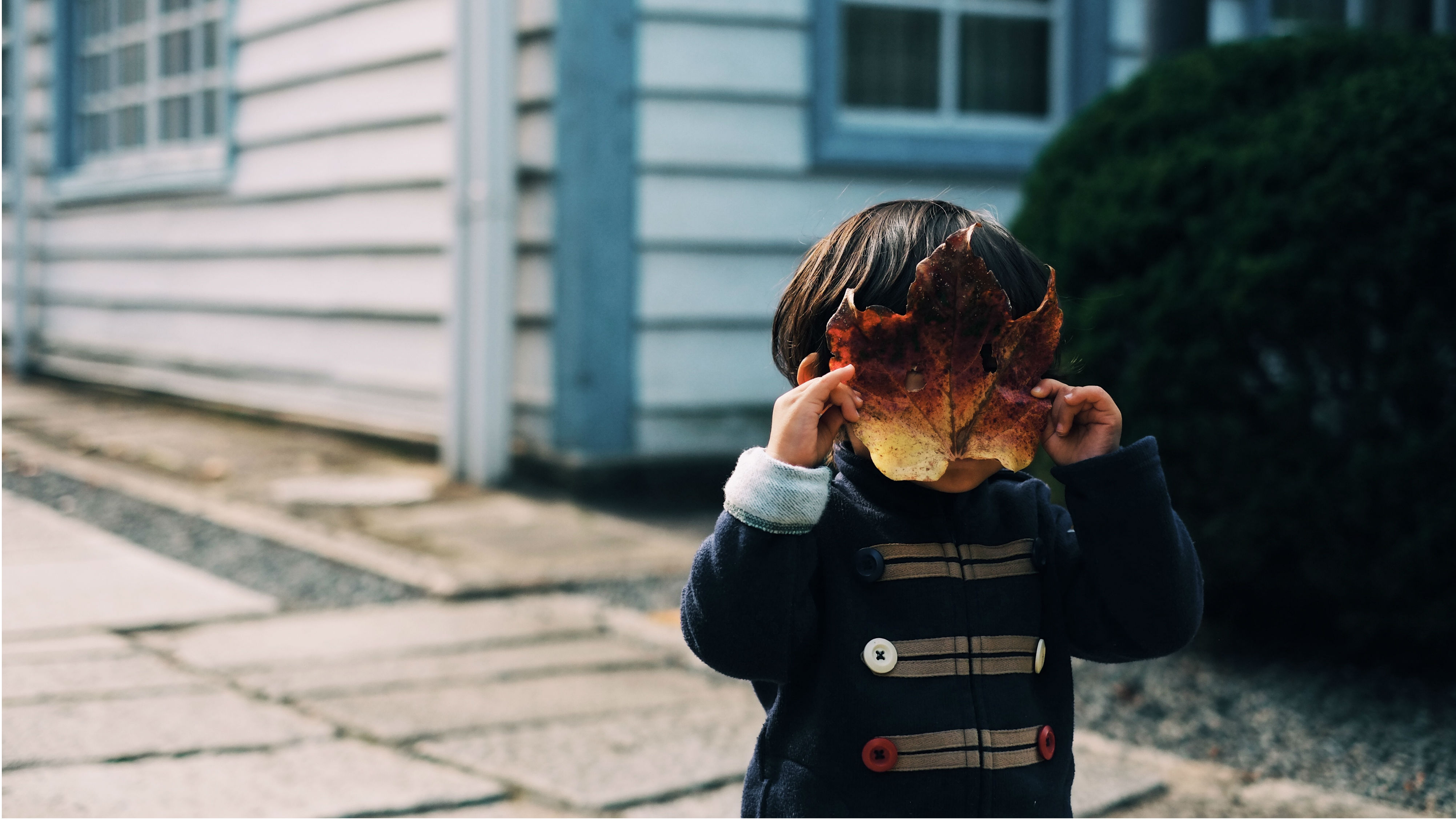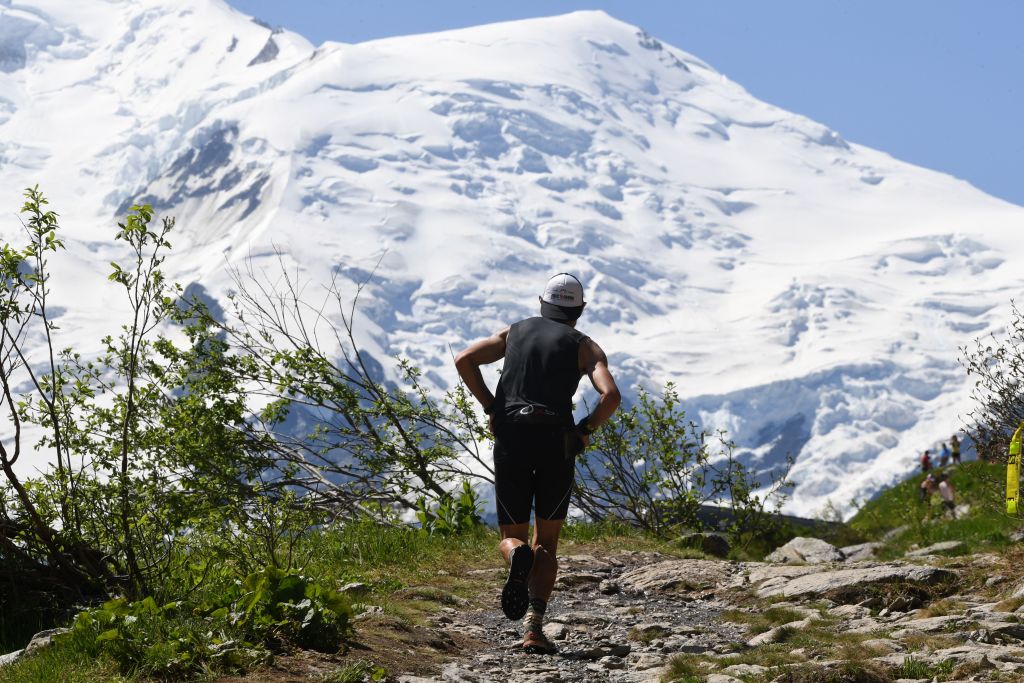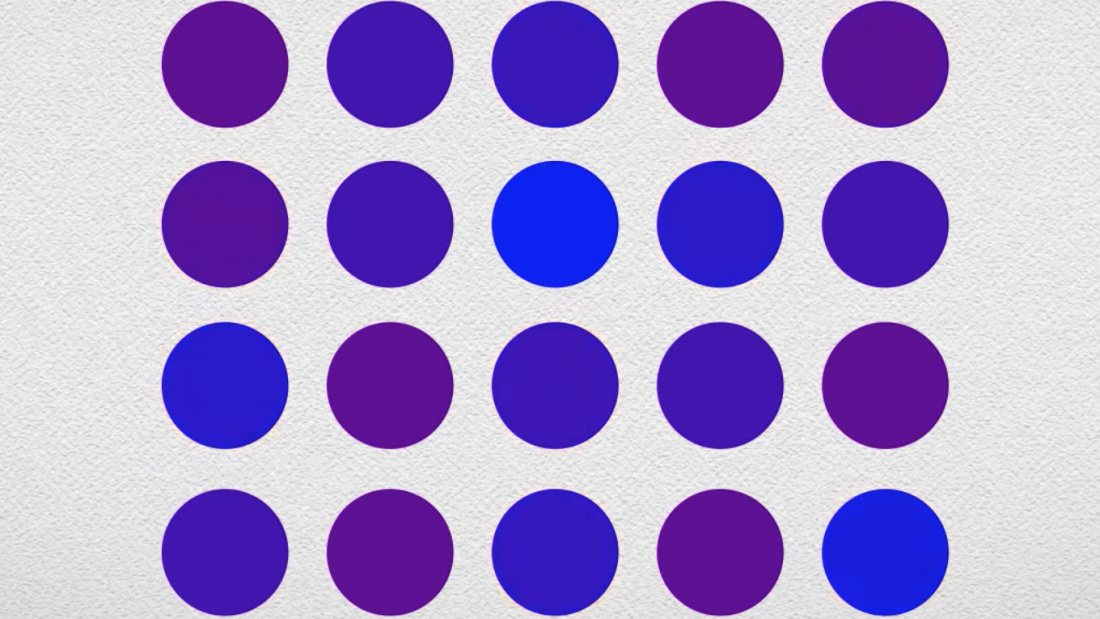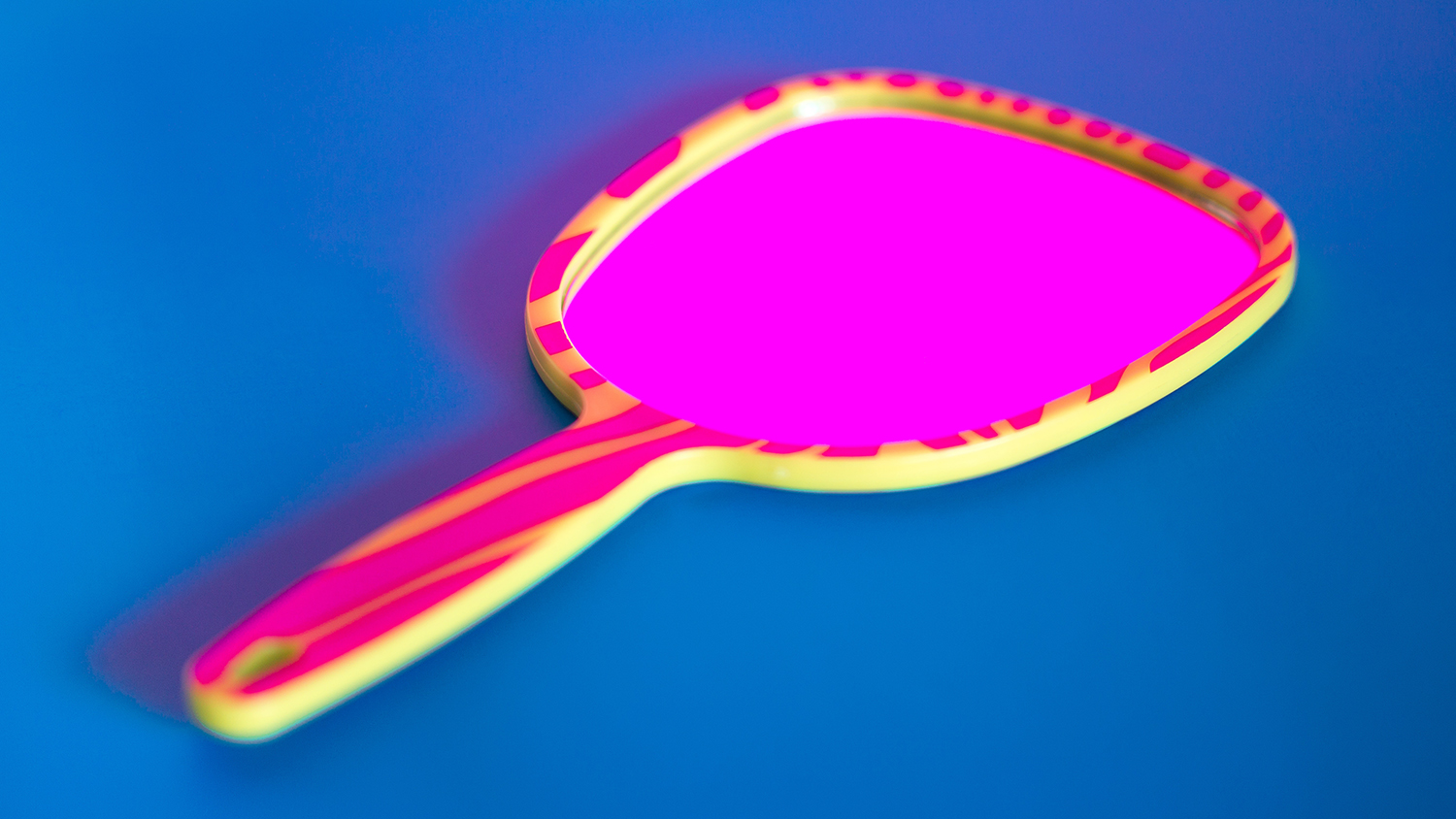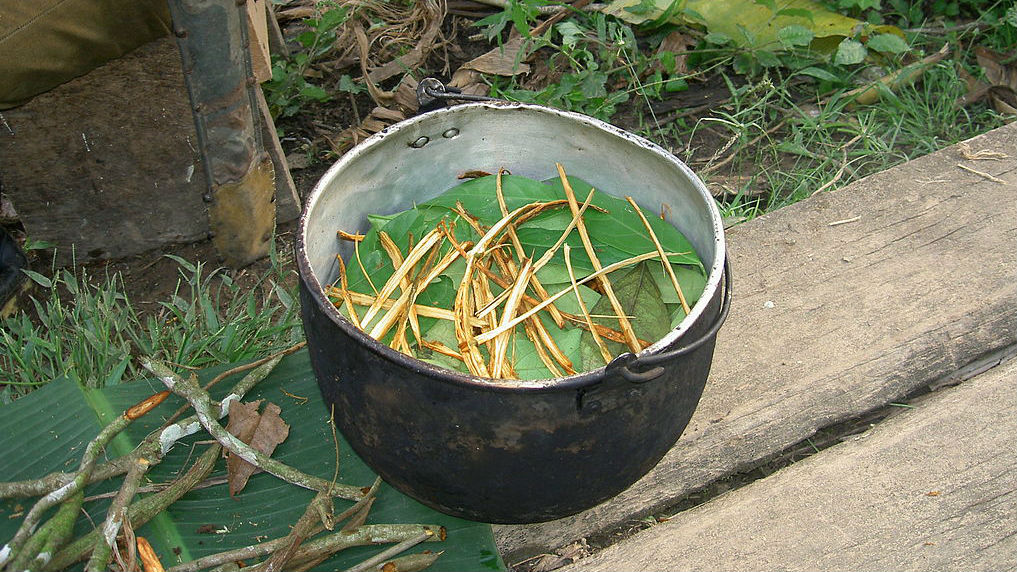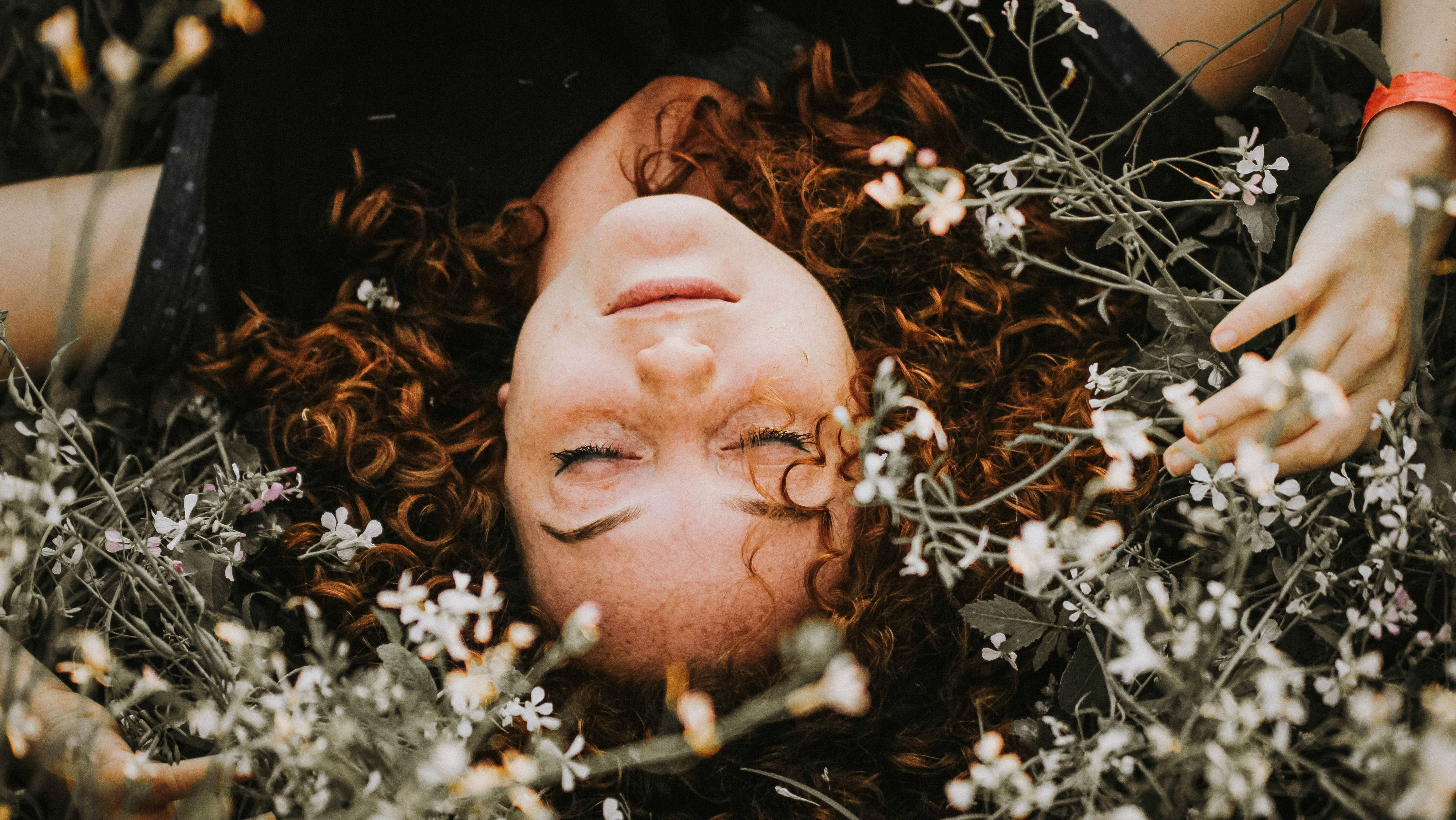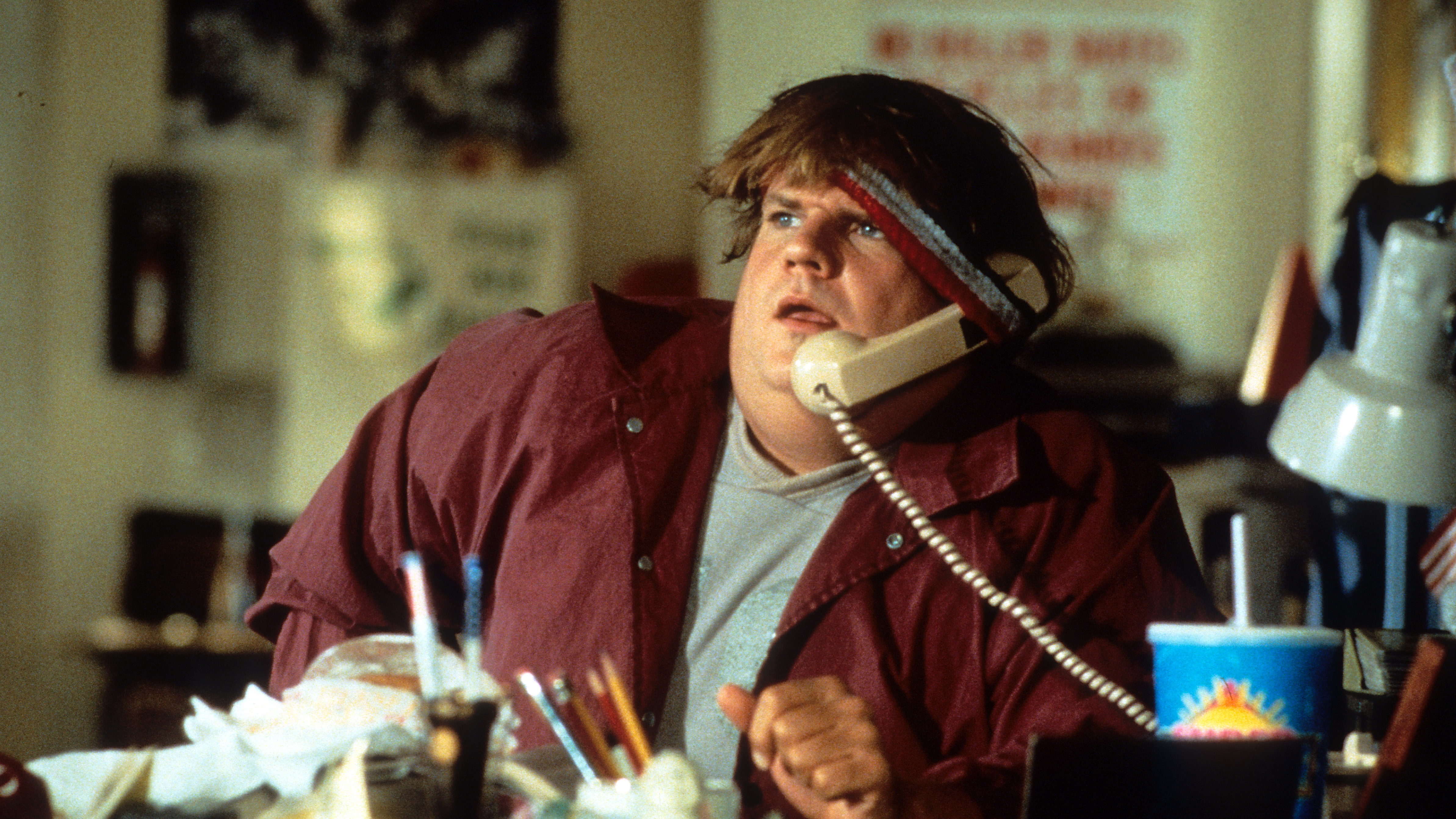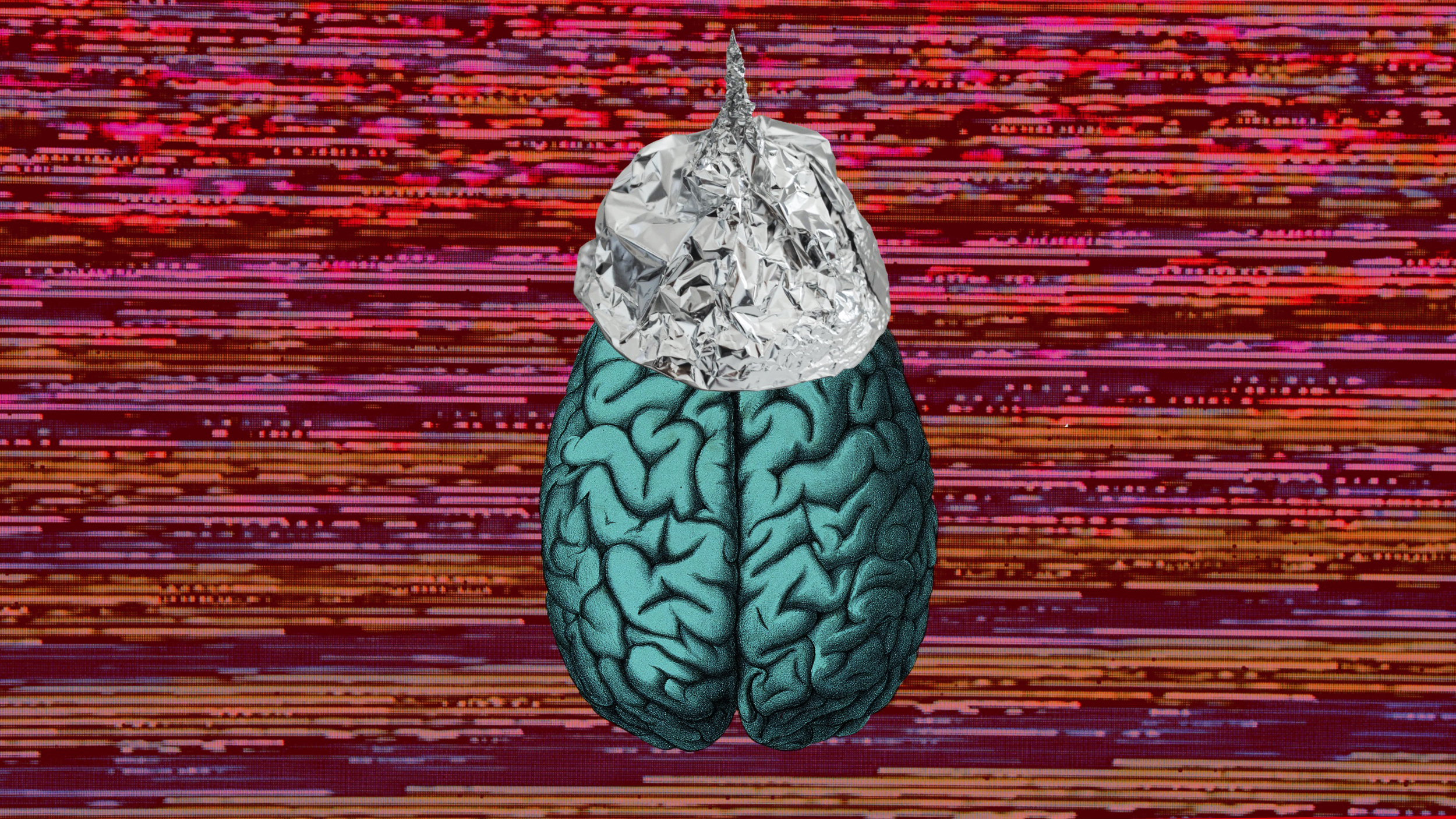Mind & Brain
All Stories
To get a good night’s sleep, is it better to write down your achievements or the to-do list for the next day? Researchers tested the two different sleep techniques in the lab.
Thanks to work programs and medication, a study conducted by the University of Oslo is seeing big changes in participants lives.
A growing body of research suggests that healthy sleep habits might be effective in preventing the onset of Alzheimer’s disease.
Do the clothes make the man? With the Diderot Effect, material goods can help forge your whole identity.
fMRIs reveal that physics causes activity in some surprising areas of the brain.
The Thai boys soccer team rescued from underground caves was helped in survival by meditation practices led by its coach – a former Buddhist monk.
From a developmental perspective, lying in young children is rarely cause for concern. In fact, lying is often one of the first signs a young child has developed a “theory of mind.”
Looking for a heartbeat? Advances in the MRI field can now show you.
The authors conclude that it does, after claiming it doesn’t.
Harvard psychologists identify “prevalence-induced concept change,” our tendency to raise our threshold for success as we make progress.
New research shows narcissists aren’t smarter than the average person, but they have a secret weapon that helps them succeed: mental toughness.
The cycle of poverty can be hard to break, will early childhood interventions based on new neuroscience be the silver bullet we need?
The medicinal properties of ayahuasca come from two plants: Banisteriopsis caapi, a psychedelic brew that Amazonian indigenous populations have long used for spiritual purposes, and Psychotria viridis. The first randomized, placebo-controlled clinical trial of the beverage show that it can ease severe depression.
People with “Maladaptive Daydreaming” spend an average of four hours a day lost in their imagination
“Daydreaming can evolve into an extreme and maladaptive behaviour, up to the point where it turns into a clinically significant condition,” scientists say.
Multitasking has been shown to diminish our ability to learn, stress us out, and kill our productivity. Here are some techniques to limit multitasking and help us regain our lost time.
A new study shows that photographing something doesn’t help you remember it. Looks like the ol’ “Take a picture, it’ll last longer” insult doesn’t actually hold any water.
What is the best way to help people who have dementia? Here’s a careful examination of the positive role of distorted memories in the preservation of self-defining beliefs and identity.
Our brains are famously flexible, or “plastic,” because neurons can do new things by forging new or stronger connections with other neurons. But how, exactly, does it do that?
Bernardo Kastrup proposes a new ontology he calls “idealism” built on panpsychism, the idea that everything in the universe contains consciousness. He solves problems with this philosophy by adding a new suggestion: The universal mind has dissociative identity disorder.
Taking care of children gives working mothers an ability to be more efficient with their time and commitments.
A new paper suggests past research on MDMA often overestimated the dangers of the drug because the studies examined heavy users, not average ones.
In the 11th Revision of the International Classification of Diseases, a new one has appeared: Gaming Disorder.
A new study on more than 32,000 nurses explores how chronotype may influence women’s chances of developing depression.
Aurora 21 will help the US keep pace among the other nations who own the fastest supercomputers. Scientists plan on using it to map the connectome of the human brain.
Scientists figure out why so many people believe in conspiracy theories.
Pizza? Doughnuts? They satisfy the brain’s reward center like nothing else.
Neuroscientists are now beginning to unravel the neurobiological processes that take place inside the brain, during a spiritual awakening.
New research in psychedelics is showing them to be a powerful antidote to depression. We need to implement them into therapy.
A review of 33 trials confirms that loading your body does your brain good.






